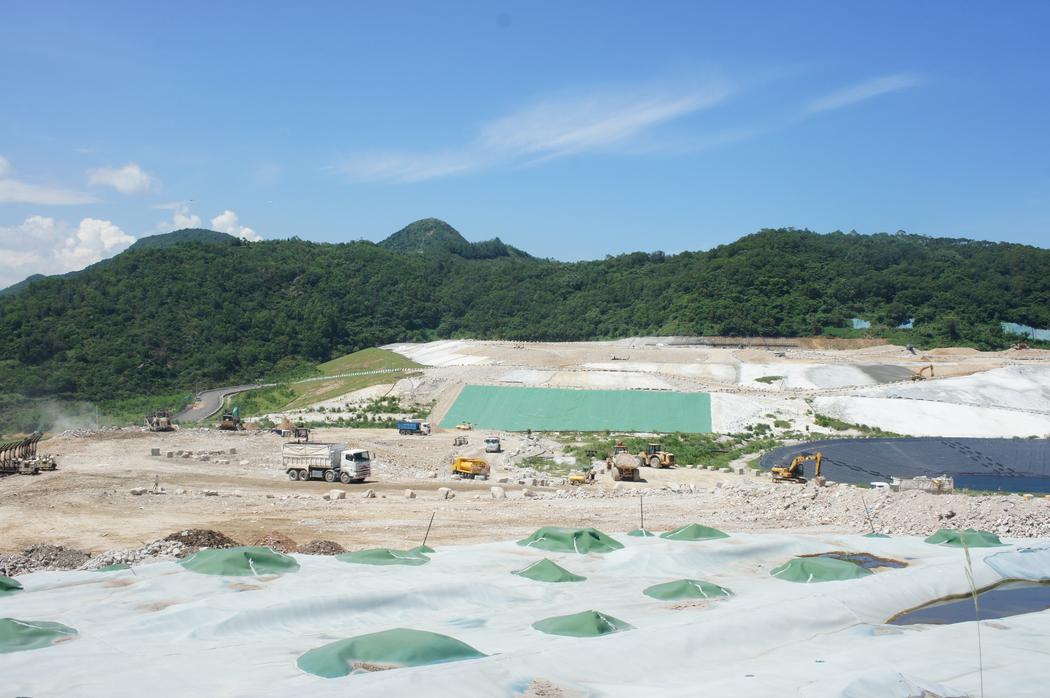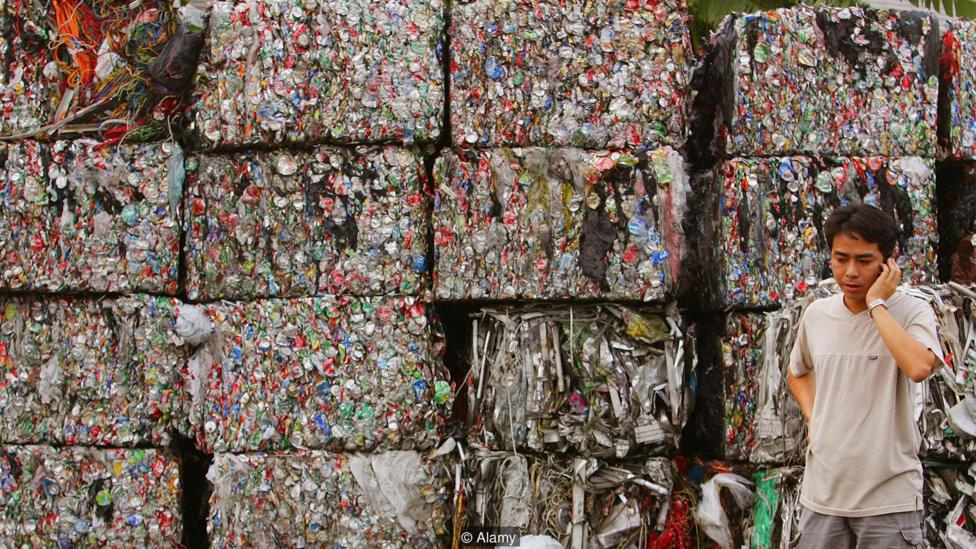 Construction of new landfills is very fast. But still they are less than required
Construction of new landfills is very fast. But still they are less than requiredDisposal of household and industrial waste is one of the most important tasks facing humanity. If we do not want to be buried under heaps of garbage in the near future, then now we need to develop reliable methods for its disposal. Hong Kong demonstrates what may happen in many regions in the near future. He literally suffocates under the rubble of his own waste, which has nowhere to go.
The problem is that there is a lot of population, and the territory is limited. But in 2015 alone, Hong Kong produced more than 3.7 million tons of garbage. All new and new territories are covered with piles of waste. Instead of parks, the SAR leadership (special administrative district) urgently creates landfills for waste. But this cannot go on forever. Representatives of environmental organizations say that at the current rate the point of no return will be passed in 2020 - then it will be too late to do anything.
Hong Kong itself is
developing on the model of unstable urbanization. In other words, we are talking about the almost uncontrolled development of infrastructure, population growth and tourist flow, increasing the number of vehicles and much more. All this, ultimately, manifests itself in the form of an uncontrollable waste stream. And the total area of the SAR is only 2,000 square kilometers. According to population density, Hong Kong ranks fourth in the world, after Macau, Singapore and Monaco.
In addition to local residents, there is also a huge number of tourists who are attracted to this region. Much here is aimed at the development of the tourism sector. The district administration has succeeded in this - one can say that money flows like a river. At the same time, tourists, who are attracted to shopping malls, markets and entertainment, put even more pressure on the ecosystem of the region. The problem also lies in the fact that in Hong Kong, the government practically does not interfere in anything, here is a free economy. Initially, it was decided to limit the influence of the state on the business, and this decision was justified in terms of the development of the region. But the problem of garbage only aggravates it, since there are no restrictions on waste, while in other countries this area is relatively tightly regulated.

Earlier, Gokong had an agreement with China - the latter allowed to store garbage at home. But after the flow of garbage increased, China decided to ban the importation of untreated waste. And in Gokong there is simply no place to handle them, so the region received a serious problem, which many experts are trying to find a solution to, but so far unsuccessfully.
However, now the first attempts are being made to start regulating the sphere of export and recycling of waste. One of the
solutions is to introduce a fee for each liter of garbage dumped by local residents. The fee is small and amounts to a few American cents. But if we take into account the density of the population of a city-state, these cents turn into hundreds of thousands and millions of US dollars.
In addition, the government has allocated several billion dollars for the construction of waste treatment plants on one of the islands of Hong Kong. The construction of one of the varieties of such enterprises began - a factory for processing food waste into compost. In Hong Kong, they even hope to make money by selling the resulting product to various countries. The Netherlands has already expressed interest in acquiring food compost.
Plus, in Hong Kong, they are going to conduct a major information campaign on the need for waste separation for local residents. Most of them have no idea at all where the garbage goes, which they throw, and how it is recycled or stored. If the people of Hong Kong began to share the waste, and in the country they built waste processing plants, then perhaps the problem could not be solved completely, then it would be less relevant.

If you do not do it now, then after a few years it may be too late. And this applies not only to Hong Kong, but also to a number of regions of other countries, including those that are considered to be developed.